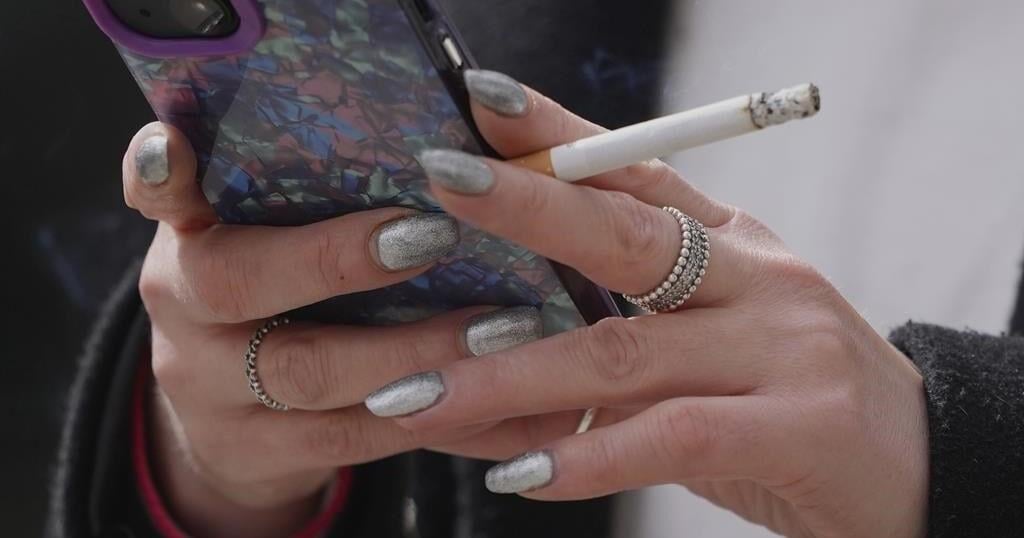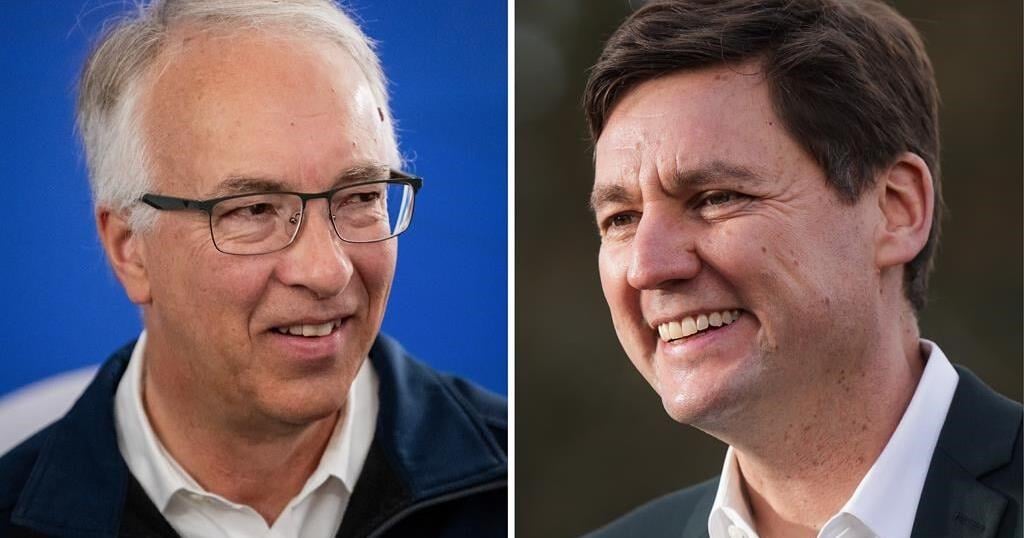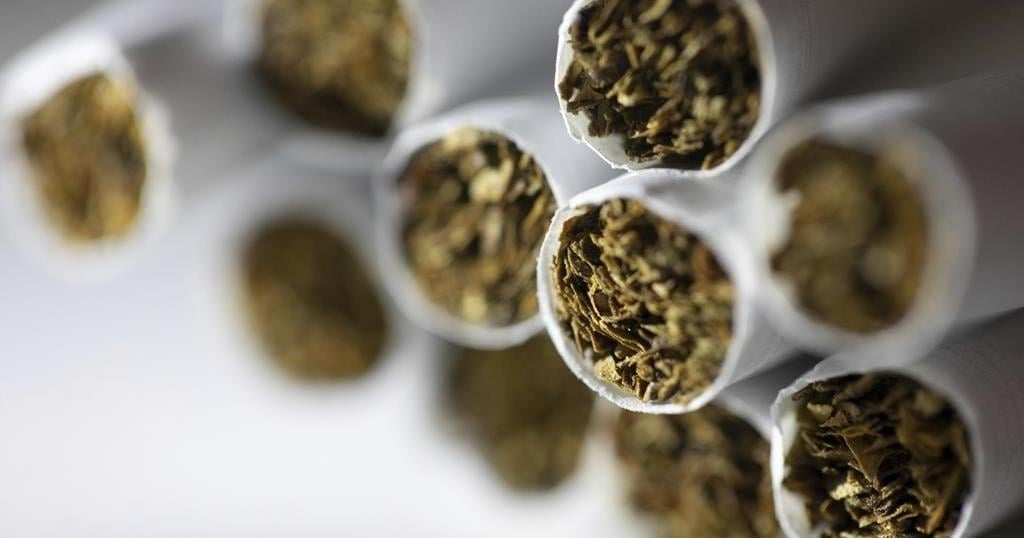Here is a roundup of stories from The Canadian Press designed to bring you up to speed…
Testy B.C. election campaign reaches final day
British Columbia’s election campaign enters its final day in what is viewed as a too-close-to-call contest where David Eby’s New Democrats and the B.C. Conservatives led by John Rustad debated big issues of housing, health care, affordability and the overdose crisis, but also tangled over plastic straws and a billionaire’s billboards.
The two main party leaders spent a lot of time telling voters why they shouldn’t vote for the other rather than presenting their own case for support.
The NDP’s election platform document mentioned Rustad more than 50 times while Eby only received 29 mentions.
The B.C. Conservative platform, delivered in the final week of the campaign, included more than 50 Eby references, while Rustad’s name was highlighted 11 times.
The campaign’s only televised debate saw Green Party Leader Sonia Furstenau, who has said the Greens will not receive enough votes to win the election, tell voters that Eby and Rustad are more closely aligned than people may believe on supporting the fossil fuel industry and placing people with mental health and addiction issues into involuntary care rather than increasing voluntary care.
Here’s what else we’re watching…
Moe making election campaign stop in Yorkton
Saskatchewan Party Leader Scott Moe is set to be on the road today as the provincial election campaign continues.
Moe is set to speak in the city of Yorkton about affordability measures this morning before travelling to the nearby village of Theodore for an event with the local Saskatchewan Party candidate.
NDP Leader Carla Beck doesn’t have any events scheduled, though several party candidates are to hold press conferences.
On Thursday, Moe promised a directive banning “biological boys” from using school changing rooms with “biological girls” if re-elected.
Election day is Oct. 28.
More details expected on proposed tobacco deal
More details are expected today on a proposed deal that would see the three major companies pay out billions of dollars to provinces and territories as well as smokers and their loved ones.
The companies — JTI-Macdonald Corp., Rothmans, Benson & Hedges and Imperial Tobacco Canada Ltd. — sought creditor protection in Ontario in 2019 after Quebec’s highest court upheld a ruling ordering them to pay nearly $15 billion in two class-action lawsuits.
All legal proceedings against the companies were then put on hold so the three could continue to operate as they worked towards a global settlement with their creditors, which include the Quebec plaintiffs and provincial governments looking to recoup smoking-related health-care costs.
A proposed plan of arrangement developed through mediation was filed in court Thursday, and includes nearly $25 billion for provincial and territorial governments as well as more than $4 billion for the Quebec class-action members.
It also includes more than $2.5 billion for smokers in other provinces and territories who were diagnosed with lung cancer, throat cancer or chronic obstructive pulmonary disease between March 2015 and March 2019.
Meet Halifax’s unhoused mayoral candidate
With a crowded field of 16 candidates vying to be Halifax’s next mayor, candidates have not always found it easy to stand out. But one thing sets Andrew Goodsell apart and makes him uniquely positioned to comment on a central campaign issue: he is living rough in a tent in the city’s south end.
Goodsell, who is 38, moved to Halifax from eastern Ontario about a decade ago. Having experienced homelessness at different periods of his life, Goodsell says he is running in Saturday’s election to offer voters an alternative to the career politicians who typically get elected.
He said the process to be registered as a candidate was straightforward: all he had to do was gather at least five nomination signatures and pay a $200 fee. He appointed himself as his own official campaign agent and provided as his address an office of the province’s Department of Community Services.
Not surprisingly, Goodsell’s election platform focuses largely on housing. His No. 1 pledge is to create what he calls “dignified public housing” to make sure Haligonians have a place to call their own in a city where the cost of living has shot up and homeless encampments have proliferated.
One of the leading contenders for the mayor’s job, former Liberal MP Andy Fillmore, has said he would stop the expansion of encampments and remove tents appearing in non-designated areas within 24 hours.
Goodsell, who said he has been ordered out of non-designated areas with little notice, said more support needs to be in place.
Changes urged for Ontario medical devices program
Advocates for breast cancer survivors and people who have had ostomy surgeries, such as colostomies, are calling for changes to the way an Ontario program covers certain medical devices, saying it leaves them paying a lot of money out of pocket.
The Assistive Devices Program partly funds the cost of equipment, such as wheelchairs, insulin pumps and hearing aids, for people with long-term disabilities.
For most of the devices covered under the program, the province pays 75 per cent of the cost, but the funding for breast prostheses and ostomy devices is set at specific dollar amounts, which users and advocates say amounts to far less than 75 per cent of the total price.
People who have had a mastectomy due to breast cancer, for example, can get reconstruction surgeries that are covered by the provincial health plan.
But if they don’t qualify for the surgeries or want them, they can instead get an external breast prosthesis that fits inside special mastectomy bras. The province currently covers $195 for one prosthesis, but they can cost $400 to $500, advocates say.
This report by The Canadian Press was first published Oct. 18, 2024.


























